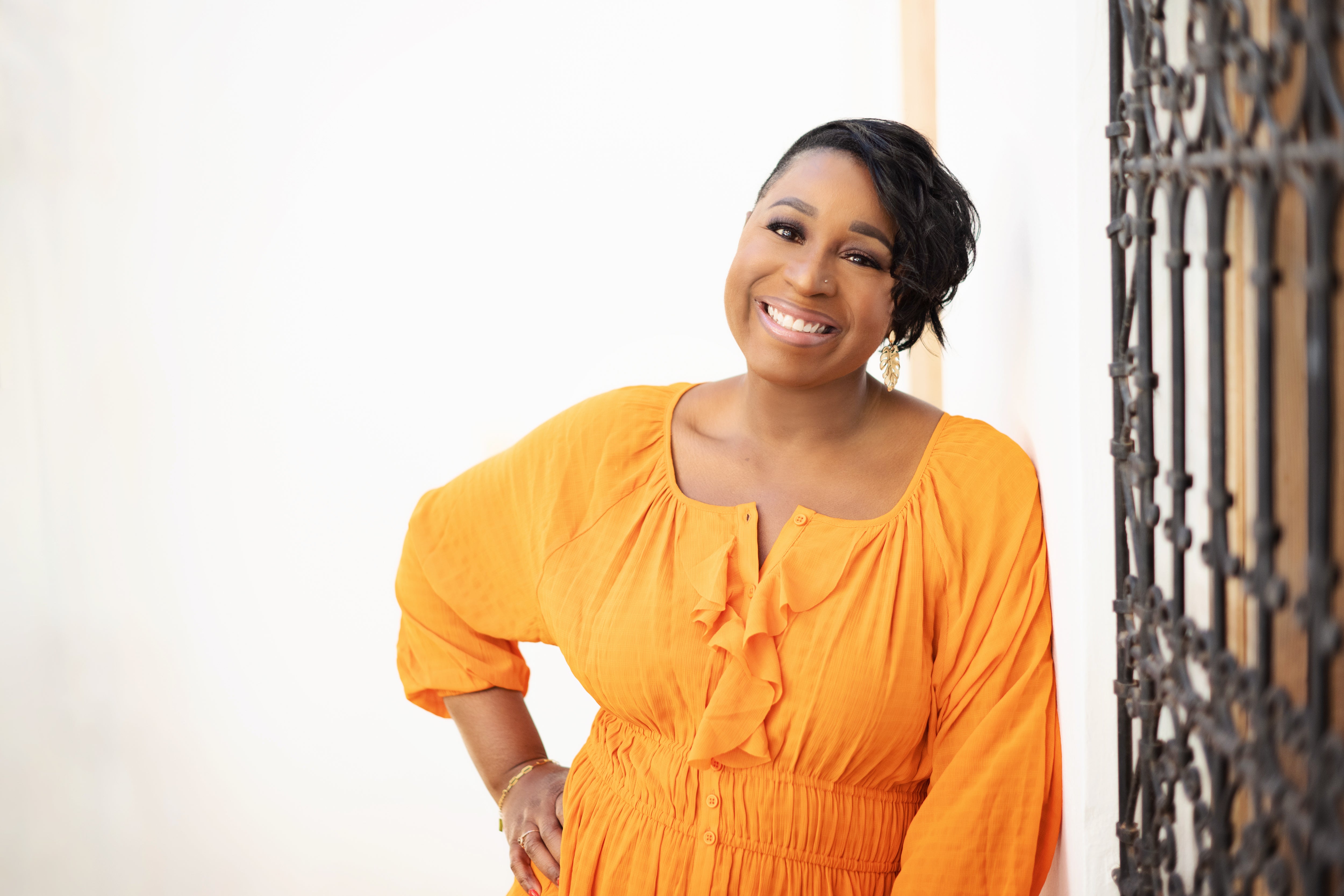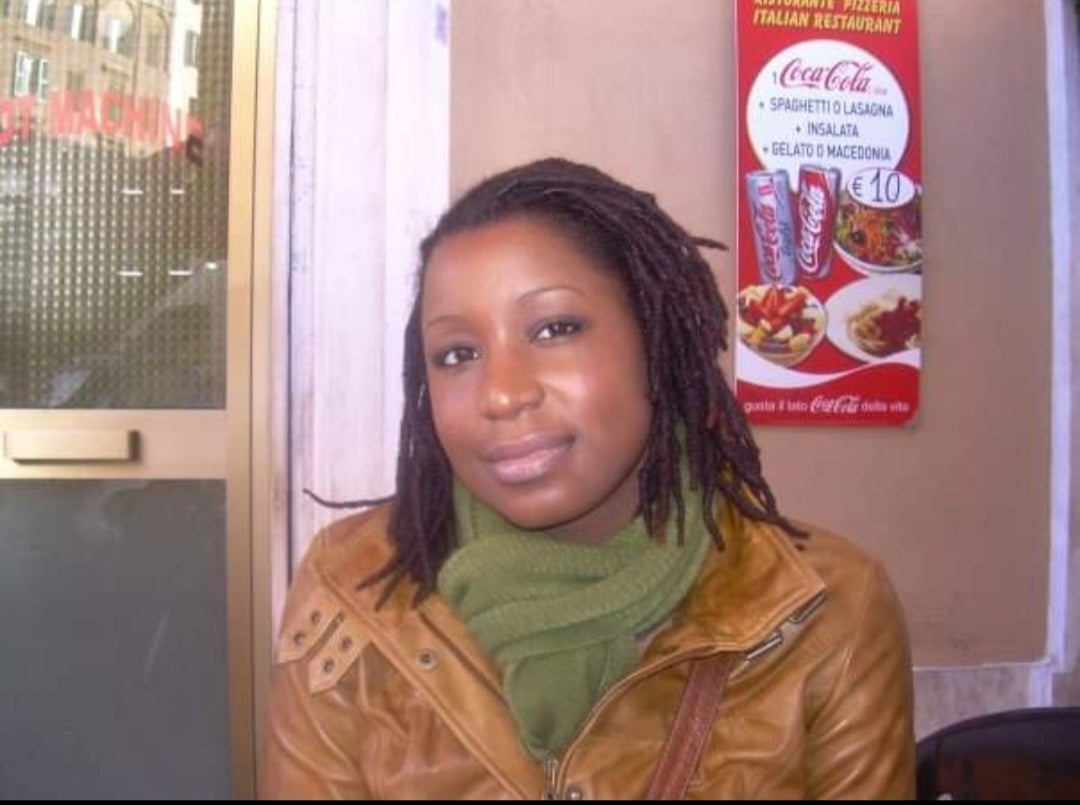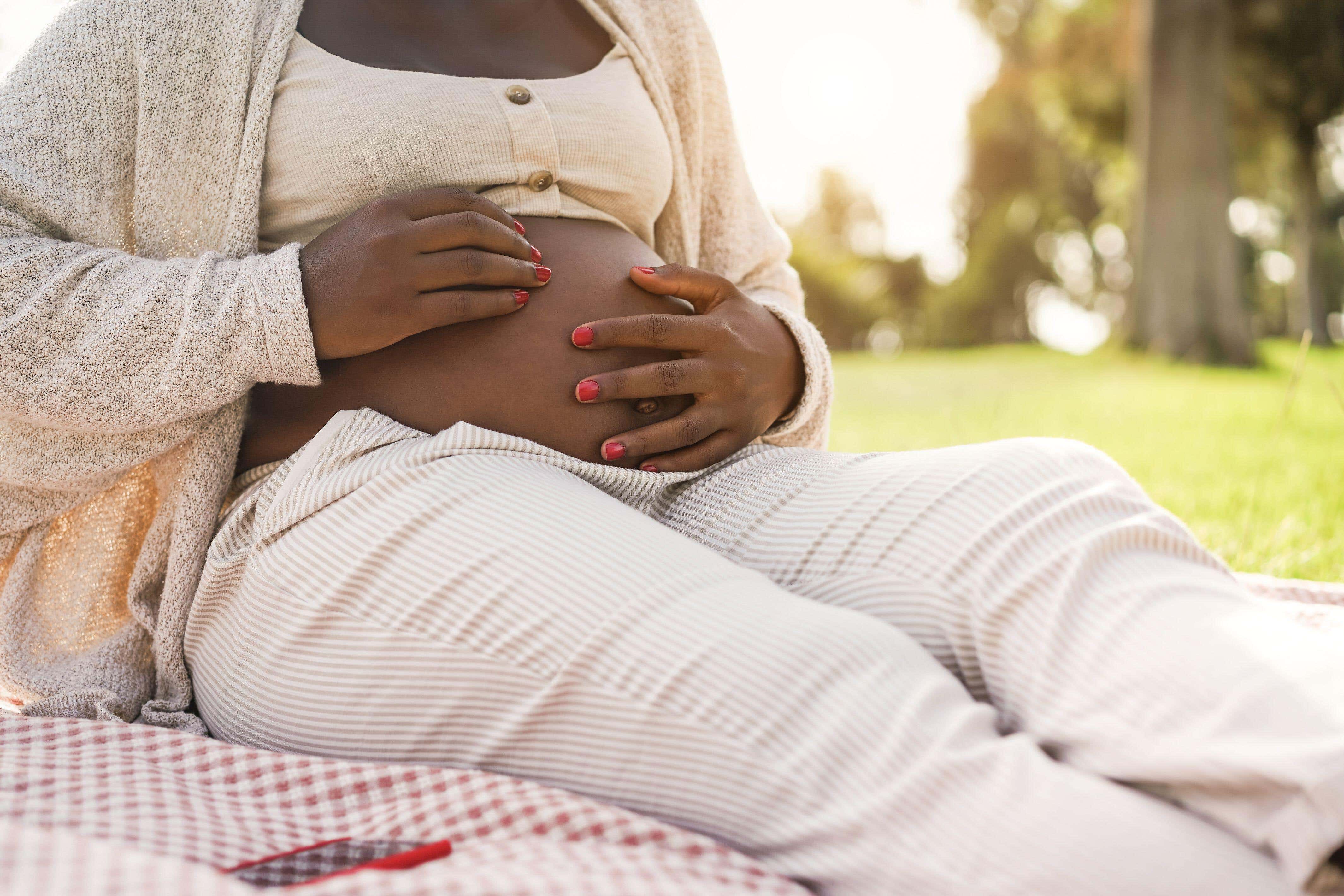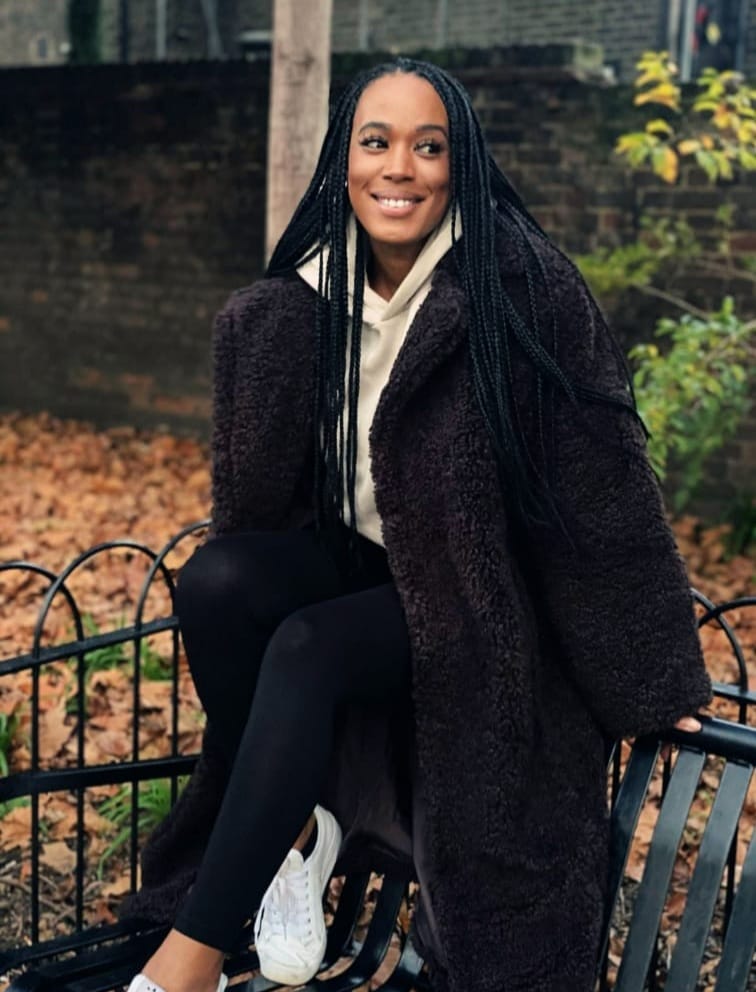No one was taking my pain seriously – was it because they thought I was a ‘strong Black woman’?
As the health secretary orders the NHS to stop recruiting race and diversity roles, Rosie Taylor looks at the harsh truths about the lack of care that some communities are facing every day in the health service

It was only when doctors discovered by chance that Merrisha Gordon’s appendix was about to burst that they finally took her pain seriously. She had visited her GP and A&E on numerous occasions complaining of intense abdominal pain, which was at times so severe that it caused her to faint or vomit.
But while the former NHS manager, now 44, was repeatedly dismissed by medics, who told her to drink peppermint tea or practise deep breathing exercises to calm her down, her condition was becoming life-threatening. Her appendix was infected, and she needed emergency surgery to remove it, along with 10cm of her bowel and her belly button. The problems were caused by undiagnosed severe endometriosis, where cells from the womb lining grow elsewhere in the body, which had damaged her digestive system and bladder.
“I could have died, but I felt no one was taking my pain seriously. I suspected they thought I was making it up,” she says.
Gordon’s experience is shocking, yet it is far from unique. More than half of women in the UK say their pain has been dismissed, while the Women’s Health Strategy for England reported that 84 per cent of women feel that health professionals don’t always listen to them. But for Black and south Asian women, as well as those from other minority ethnic groups, it can be even harder to be heard.

Two-thirds of Black people in the UK have experienced prejudice from healthcare professionals, according to a report by the Black Equity Organisation, but Black women in particular felt that their concerns were not being listened to. That’s why, when the health secretary, Steve Barclay, told NHS managers this week to stop recruiting diversity officers, he faced an uproar from frontline staff. With very real care issues affecting whole communities, the Royal College of Nursing accused him of “trying to create a false division” and engaging in a “culture war” by pandering to right-wing views.
Ironically, his comments came just hours before a major report by the care regulator revealed huge inequalities in the healthcare system, with ethnic minority communities being among the most likely to receive poor care.
Gordon, who now works as an independent leadership coach and organisational consultant, says that the health secretary has failed to grasp the fact that the future of the health service relies on tackling its diversity issues. “The UK population is ageing and becoming more diverse, but the truth is that the NHS is at breaking point in the midst of a staffing crisis. So, unless someone is specifically tasked with leading on diversity, there will be no one who has the capacity to deal with it.”

Gordon believes her experience could have been a direct result of racial bias. “No one ever took me seriously,” she recalls, and there are many Black women who have had a similar experience.
The stereotype of the “strong Black woman” has its roots in slavery, when the myth emerged that Black people had a higher pain threshold, social historian Professor David Olusoga tells The Independent. “That idea is still in the subconscious of both Black people and clinicians,” says Prof Olusoga, the author of the foreword to From the Margins, a book about health inequality in the UK by Gilead Sciences.
Pointing to American research that shows that Black people are underprescribed pain relief, he says: “We need to understand that racial ideas exist and can influence the behaviours of really, really good people. Clinicians do this not because they’re terrible people – they’re some of the best among us. They’re doing it because these ideas are deep in the cultural fabric of our society.”
Sandra Igwe, chief executive of the Motherhood Group, which campaigns to improve the Black maternal experience, believes that this stereotype is driving healthcare inequality. Igwe says she was denied pain relief during the labour of her second daughter, despite “begging and pleading” for it.
“I’ve heard of hundreds of Black women and birthing people denied pain relief in maternity care – in agony, they were ignored because they ‘seemed strong’,” she adds.
An inquiry into racial injustice in maternity care by the charity Birthrights, co-chaired by Igwe, found repeated examples of women of colour being “ignored”, “disbelieved” and “dehumanised”. Black women in the UK are almost four times more likely than white women to die during pregnancy, birth, or early motherhood, while Asian women are nearly twice as likely to die.

“Disparities in maternal care are some of the starkest examples of racial inequalities across our society as a whole,” says Dr Habib Naqvi, chief executive of the NHS Race and Health Observatory (RHO).
In Gordon’s case, her health problems were caused by undiagnosed stage 4 endometriosis. Although the condition is thought to affect one in 10 women, research has shown that Black women wait much longer than the UK average of eight years for a diagnosis. Gordon waited 20 years – by which time the spread of the condition had damaged her bladder, bowel and intestines, disrupting her digestive system.
To remove the damage she needed five operations, including the removal of part of her bladder, 10cm of her bowel, and her belly button, and spent six months in a medically induced menopause to help control the condition.
“I look back and think, what if somebody had taken me seriously earlier?” she says.
Earlier this year, research by Cancer Research UK and NHS Digital revealed that Black and south Asian women living in England were more likely to be diagnosed at later stages with common cancers, including breast, ovarian, womb and colon cancers, when treatment was less likely to be successful.
“It is deeply concerning,” says Michelle Mitchell, Cancer Research UK’s chief executive. She says taboos around cancer in some ethnic groups, and cultural beliefs that it is untreatable, may create barriers. But she also warns that Black and south Asian women who seek help may not be taken seriously.
“These groups are more likely to have to present to the GP multiple times before being referred for tests,” she adds.
Igwe believes diversity training around these issues is essential so that healthcare workers become “aware of their own biases and avoid making assumptions about any patient’s symptoms or needs”.
Dr Naqvi, of the RHO, hopes that encouraging more people from diverse backgrounds to enrol in clinical trials will help tackle the root cause of some of the discrimination that exists. He cites the example of the pulse oximeter, a standard device for measuring blood oxygen levels, which does not work as well on dark skin. Although the device is widely used throughout the NHS, the flaw wasn’t noticed until the middle of the Covid-19 pandemic because the majority of people it was originally tested on had been white.

An RHO review published earlier this year also found that routine health checks for newborn babies were based on white Europeans and were “not fit for purpose for Black, Asian, and minority ethnic babies”. This comes as no surprise to Jeremy Vine panellist Carina White, whose daughter failed her newborn hearing test.
White was told the result was “normal for Black babies”, but when her daughter struggled to learn to talk as a toddler, it emerged that she actually had a hearing problem that required surgery to fix.
“These throwaway comments about things being ‘normal’ for Black babies or Black women – they’re always about something negative that you’re just expected to put up with,” says White, 38. “If you have lots of Black babies failing a test, maybe you need to look again at the test – don’t just brush it off as ‘normal’.”
However, there are signs that change is happening. As well as working to improve representation in trials, the RHO has plans to diversify education and research. The Royal College of Obstetricians and Gynaecologists has formed a Race Equity Taskforce to tackle “racial bias and disparities” in women’s healthcare, while the Royal College of Midwives has launched a toolkit to encourage student recruitment from diverse backgrounds. These are small but significant steps forward – as was the hiring of diversity officers. But if the health secretary has his way, we could see an abrupt end to the progress the NHS has made towards a fairer future.
Join our commenting forum
Join thought-provoking conversations, follow other Independent readers and see their replies
Comments
Bookmark popover
Removed from bookmarks